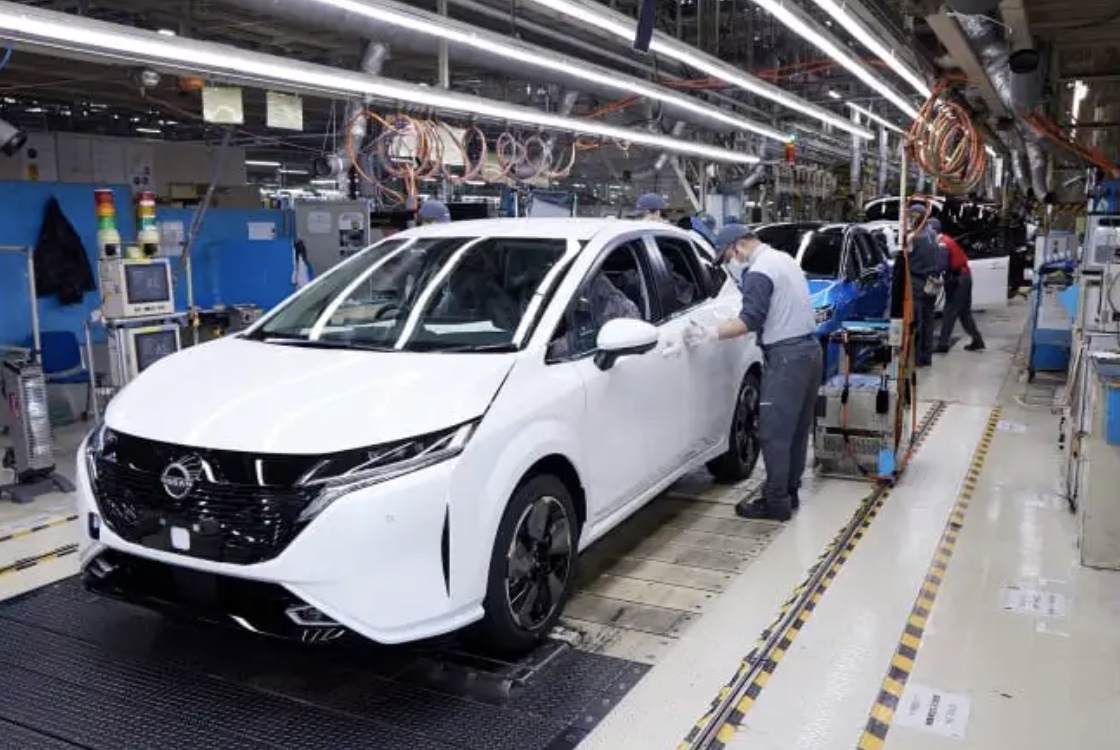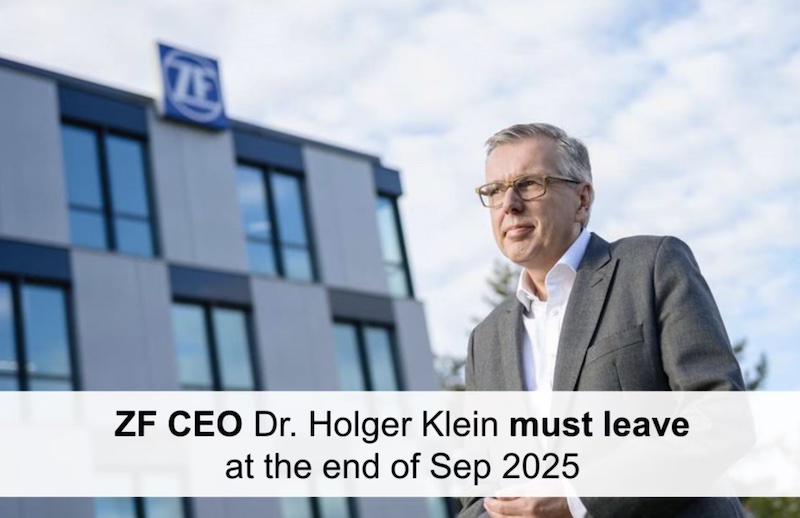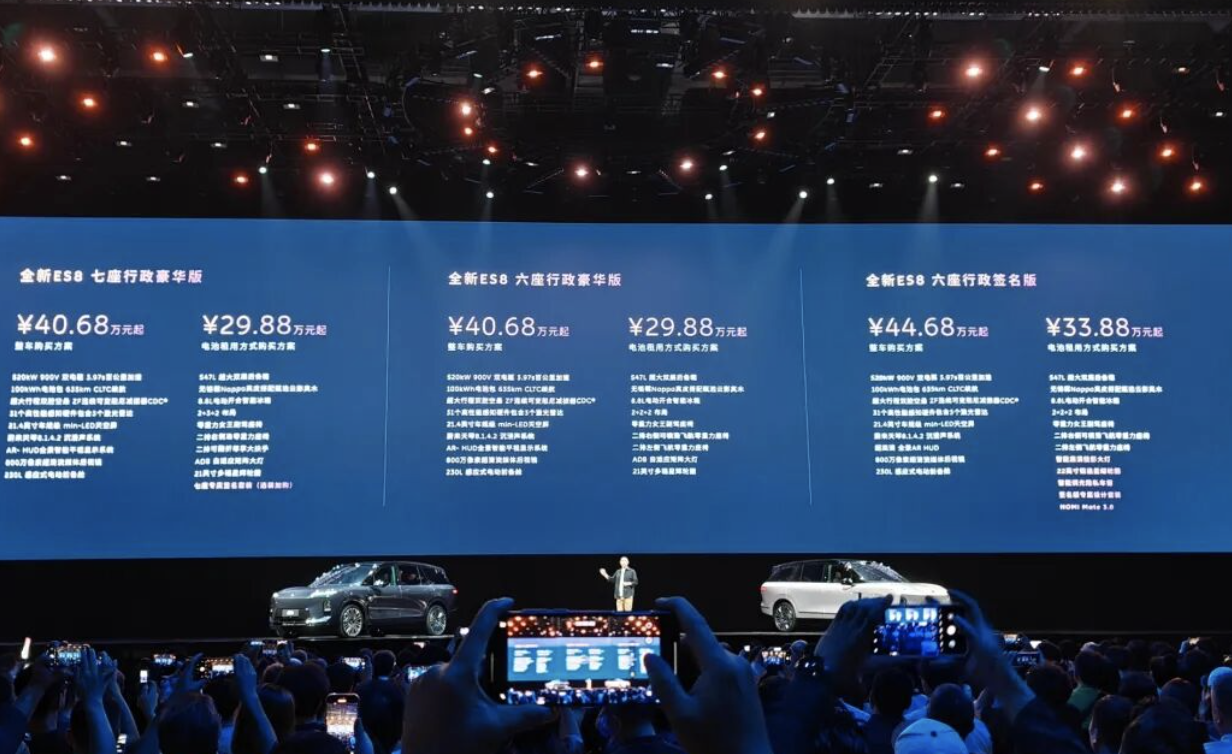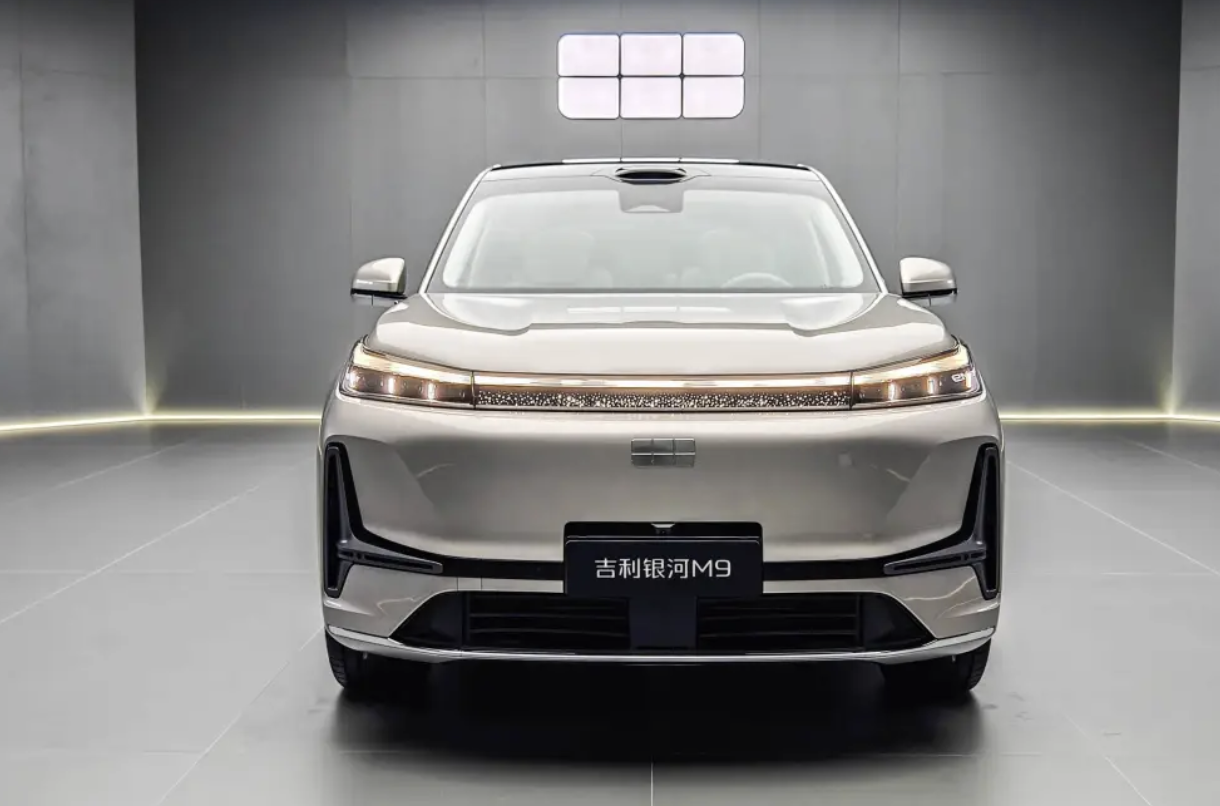On July 15, Nissan Motor Co. announced that it will cease automobile production at its Oppama plant in Japan by the end of fiscal year 2027, shifting operations to its facility in Fukuoka Prefecture in southern Japan. The decision is part of the company’s global restructuring plan aimed at reducing production capacity.
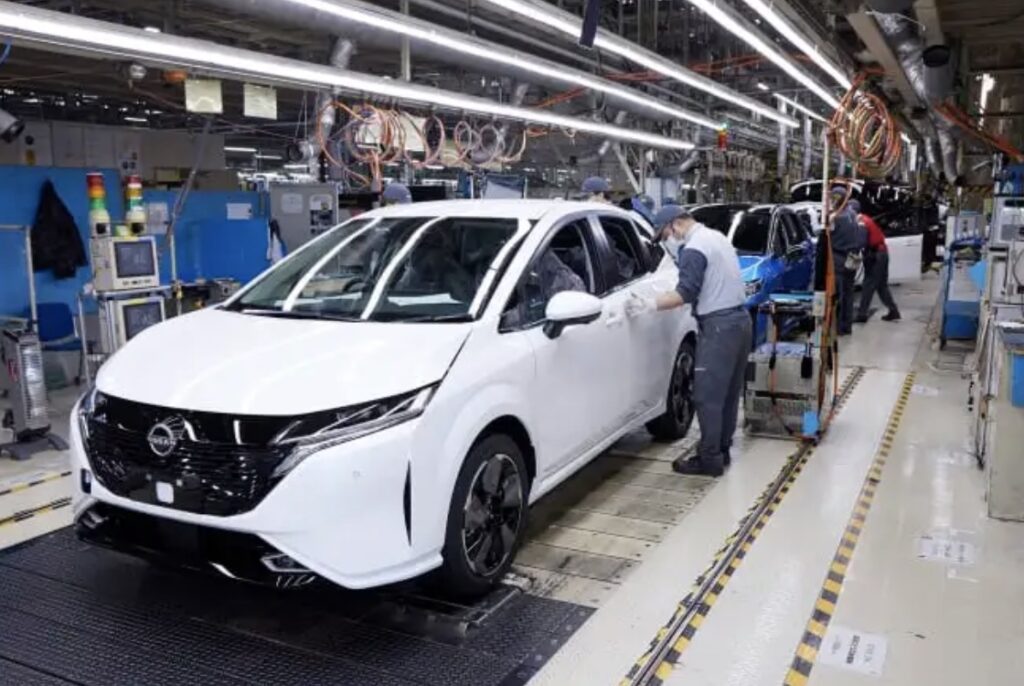
The Oppama plant, which began operations in 1961, was one of Japan’s first large-scale automobile factories and the country’s first dedicated passenger car plant, marking Nissan’s initial step into the international market. Over its 64-year history, Oppama played a pivotal role as a comprehensive hub for R&D, testing, and production.
Following Nissan’s acquisition of Prince Motor Company in 1964, Oppama contributed to the refinement and innovation of several models. By 1978, the plant had produced 50 million vehicles cumulatively. In later decades, Oppama expanded its portfolio, producing the Cube (2003), and notably became Nissan’s first facility to manufacture the Leaf EV in 2010, the world’s first mass-produced electric car. It later added models such as the Juke, Sylphy (2012), Note e-Power (2016), and Leaf e+ (2018), cementing its role as a cornerstone of Nissan’s EV strategy and Japanese automotive history.
In recent years, however, Nissan has faced declining sales in major markets such as the U.S. and China, compounded by debt pressures and an aging product lineup. As part of its restructuring plan, Nissan has decided to shut down low-utilization plants, with Oppama currently producing only the Note and Note Aura compact cars. Production will be transferred to Fukuoka once the plant closes.
The announcement follows Nissan’s FY2024 earnings release on May 13, which showed consolidated net sales of ¥12.6 trillion (down 0.4% YoY), operating profit of ¥69.8 billion (down 87.7% YoY), and a net loss of ¥670.9 billion, compared with a profit of ¥426.6 billion in the previous year. Global sales fell to 3.346 million units, with an operating margin of just 0.6%.
At the earnings briefing, new CEO Ivan Espinosa unveiled the Re:Nissan Plan, a three-year turnaround program focused on cost reduction and structural reform. Under the plan, Nissan will cut up to 20,000 jobs worldwide by FY2027—about 15% of its global workforce—across production, management, and R&D. The company also plans to reduce its global manufacturing footprint from 17 to 10 plants, streamline powertrain facilities, and accelerate workforce restructuring.
Espinosa stated:“Given the challenging FY2024 results, rising variable costs, and a highly uncertain environment, we must urgently prioritize internal improvements to achieve profitability that is less dependent on volume. As the new management team, we are reassessing our goals carefully while actively seeking every opportunity to ensure a strong recovery. Our target is to return to profitability by FY2026.”
